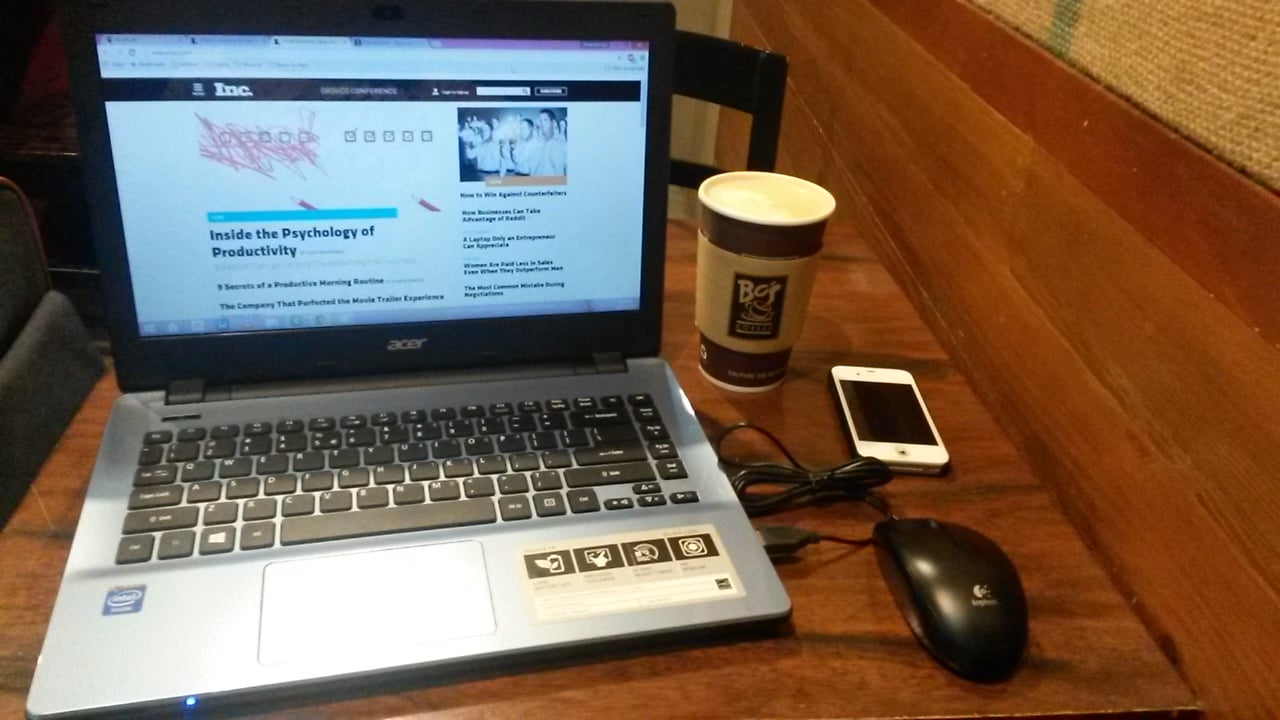
Today’s technology and Internet user is no longer a passive recipient of information. The Cloud, Big Data, Analytics, Social Media – all of these new realities call for a more critical, active, and challenging role for the user.
Working in these new systems requires the user to tease apart, analyse, revise and put together new relationships between information to make sense of the ever-increasing and advancing digital world and its data.
The propagation and advancement of computer tasks
Computer tasks are no longer limited to touch typing on a keyboard to produce a midterm report. Nor do they solely entail internal corporate communication via email.
Today’s corporate world computer tasks involve a wide array of complex cognitive and analytical tasks; a wide array of mediums and locations from which these actions, systems and interactions are taking place and a wide array of skills and knowledge to execute them.
The demise of the typical technology user
There’s no such thing as a typical user any more. A user today is a businessperson traveling 300 days a year, using her smartphone to book flight tickets and Skype with her children in California.
It’s a 12 year-old student in Zimbabwe using chat messages to learn English and attain those coveted language skills for better future career prospects.
It’s a business process outsourcing company that employs staff from all over the world and is faced with the challenge of managing overseas workers.
The possibilities and new realities from this new technology are both confusing yet exciting.
Teens spend more time socializing online than they do in person. With the increase in mobile shopping, the amount of Big Data companies now gather is impressive, but some companies still haven’t figured how to leverage and benefit from it. All these new realities bring many challenges in our relationship with technology.
The rise of the savvy, advanced user
With a new digital reality like this, where computer tasks have evolved, increased and become more challenging, both technology and people need to adapt.
People, not workers in particular, need to continuously learn in order to keep up, otherwise they risk becoming irrelevant in the Cloud-loving, Big Data obsessed marketplace of today.
IBM forecasts that digital data will be 300 times bigger in the fifteen-year time span between 2005 and 2020 than it is today. That will lead to Big Data that existing technologies cannot cope with. Better bandwidth and gigantic digital storage are two challenges posed by the drastic increase of digital content creation. And we haven’t even touched upon Analytics and what it ultimately means for company revenue and consumers.
The new tech-based era is full of challenges and exciting breakthroughs, and the infrastructure has the ability and agility to adapt and evolve so as to keep up with innovation. A coordinated, open approach to harnessing technology will benefit every tech user worldwide and bring us to the threshold of a promising, brighter future.
Have something to add to this story? Share it in the comments
Check out Typesy Community and exchange ideas related to touch typing, keyboarding, learning, technology, and Typesy program itself. Login with your Typesy Account here: https://community.typesy.com/